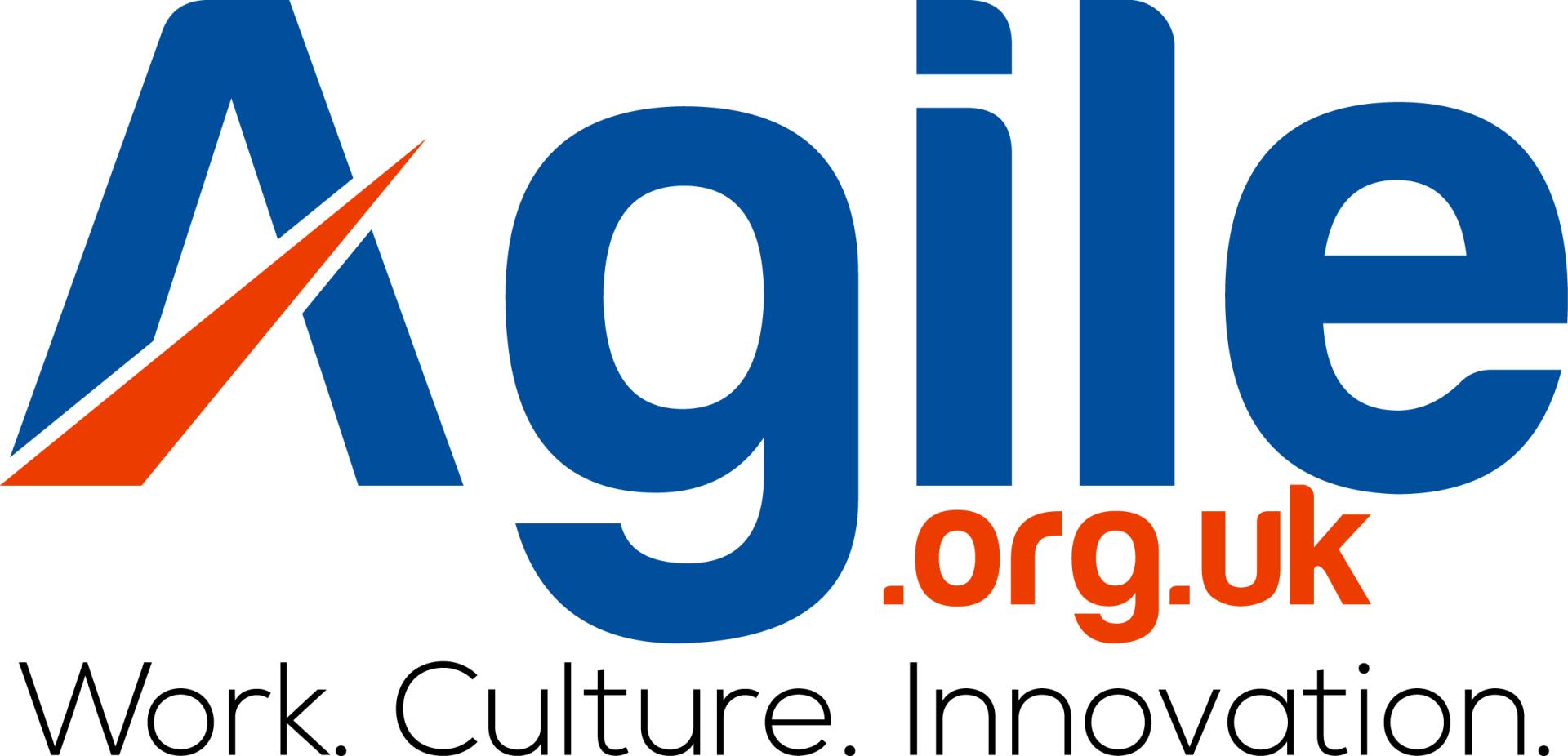Agile methodologies can be an excellent way to foster trust among your team and get projects done in a more timely and efficient manner. This type of project management isn’t right for every business, but if you’ve got a highly skilled team and you want them to work at their best, then agile methodologies could be the way to go.
With that said, of course, there are plenty of benefits and challenges when it comes to scaling agile methodologies. Implementing this philosophy among smaller companies is easier thanks to lower staff counts, but when your organisation starts to grow, agile presents unique problems and hurdles to overcome. Here are some of the benefits and challenges of scaling agile methodologies for large organisations.
Benefit: Leadership can reassess and reflect more easily
Agile methodologies allow people in leadership positions to reassess projects frequently without any disruption to the workflow. When an agile methodology is in place, leaders can meet with teams, discuss what’s happening, and implement changes based on fluctuations in the market or in requirements without needing to worry about whether it’s the right thing for the project or not. This empowers leaders and managers to direct projects as they see fit, which usually makes for a stronger product or service.
Challenge: Company-wide culture shift
If your organisation isn’t accustomed to agile methodologies, scaling them up for a larger business can result in a company-wide culture shift. You may find that some employees aren’t comfortable working within the agile framework, or that employees find it difficult to adjust after a long period of working in a different way. This may require closer work or hands-on time with certain teams and team members in order to ensure that they’re both working efficiently and happy with the work they (and your organisation) are doing.
Benefit: Boost to employee morale
Since agile relies heavily on employees working independently and creatively, you’ll foster greater employee morale and trust if you scale agile methodologies (assuming you implement them correctly according to your company’s values, of course). Employees will feel more empowered to do what they do best, which, in turn, will make them think that you have their best interests at heart. This will increase productivity, foster trust among teams, and lead to lower staff turnover, meaning that you’ll be able to work on projects much more efficiently.
Challenge: Size of business
If your business is sufficiently large, then scaling agile methodologies may prove difficult. This is because you will have a large and diverse workforce with different requirements and desires, and so scaling a methodology to suit everyone might be hard. It may be necessary to hold regular meetings with your team and management to ensure that everyone is on the same page, and to clearly delineate what your methodology will entail and what it won’t entail so that everyone has a clear understanding of what’s going on. Producing documentation may also be helpful.
Benefit: Transparency
Generally speaking, transparency within a company is a positive thing. It helps employees to feel like they understand what’s going on, and it also means that people feel more able to do their jobs because they know what’s happening elsewhere in the company and can adjust their own processes accordingly. Agile methodologies generally prize transparency among teams and co-workers, so your organisation will naturally become more transparent and prize this value more than it did before you implemented the methodology. If that’s a goal of yours, then rest assured agile methodologies will help you achieve it.
Challenge: Reduced overt leadership
Agile methodologies usually result in a reduced level of overt leadership, which may be intimidating or challenging for certain teams. When agile methodologies are in place, leaders communicate with their teams and work alongside them rather than explicitly directing them in every small task, which some team members might not be comfortable with. This is another reason why it’s important for the workplace to keep up high levels of communication during the scaling of agile methodologies; it’s important that no team member ever feels left behind to any significant degree, after all.
Benefit: Blur team lines
It’s a good idea to blur your team lines under agile methodologies. This allows teams to work in multiple different disciplines, which is ideal when you have employees who don’t feel like they’ve been given a chance to shine in multi-faceted areas of work. Agile methodologies free employees from feeling restricted, allowing them to collaborate with other teams freely and without borders, barriers, or boundaries. This is ideal if your workforce is one that possesses multiple different skills within individual teams and will allow you to build a truly cosmopolitan and talented team.
Challenge: Coordination
Coordinating teams under agile methodologies can be difficult, because teams have a greater degree of autonomy. This means that you may have to hold more regular meetings in order to ensure everyone knows what they’re doing and can work together effectively. Leaders will still be present, but their role won’t be quite as “dictatorial” as under a traditional business methodology, so it’s important that you ensure teams truly feel empowered to do their work and that they also feel qualified and capable of doing so. This presents a greater challenge than you might imagine, so it’s important to be prepared when you begin scaling agile methodologies so as not to be unpleasantly surprised.













